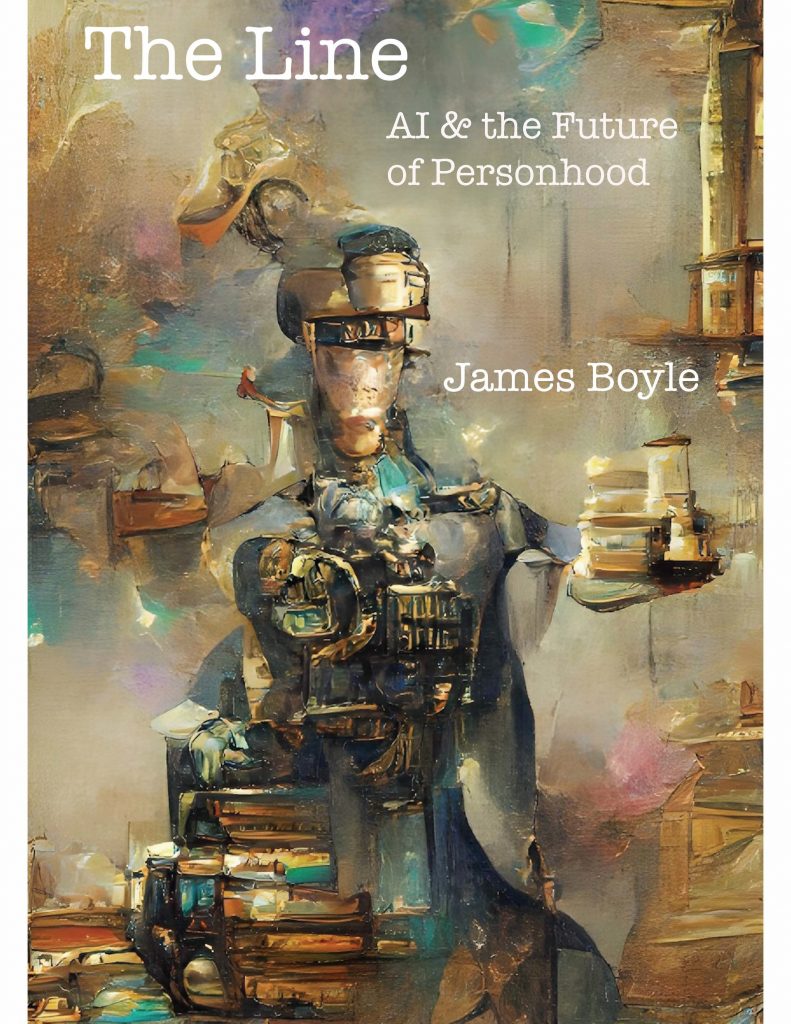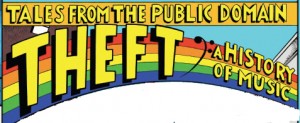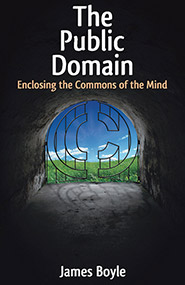And the men, too, of course – but bear with me.
So, I listen to public radio a lot. And over the years, I’ve also been lucky enough to be interviewed on public radio a lot — NPR, BBC, CBC, the local university affiliate, whatever. Sometimes its because they need a talking head to explain the latest intellectual land grab, the plan du jour to mess up the internet. Sometimes its because I’ve written a book, or a comic book, or a novel and they are kind enough to cover it. The first thing you notice if you do this enough is that public radio works partly because of the concentrated efforts of a disproportionate number of extraordinary women. Its not that there aren’t brilliant male interviewers and producers at every level — and more the further up the prestige ladder you get. (Suspend the gender critique for a moment people, there will be plenty of time for that later. I am working on an appreciation here.) There are — and they are remarkable. Frank Stasio of WUNC is probably the best interviewer I have ever encountered, at any level — a maestro, and its all live! If Robert Siegel told me, with that slight note of private amusement in his voice, that the Martians had landed, or that the End of Days had come, I’d believe him. I even love the way that Robin Lustig of the BBC World Service says “I’m Robin Lustig!” as though someone had just suggested that he wasn’t. (We never doubted it, Robin, honest.)
I don’t even have the figures on gender breakdown — I am writing here as fanboy, not scholar, ok? So for all I know, its just that my encounters were skewed by some bizarre selection bias. But time after time, what you get is a 1.) smart 2.) informed 3.) woman who has 4.) actually done their research 5.) has a sense of humour 6.) a great voice and 7.) can even get long winded academics to cut to their main point in under a paragraph. It could be the producer who does all the hard work behind the scenes and feeds the questions to the host to ask, or it could be the interviewer herself. Now in a non sexist economy, all these smart, intellectually agile generalists, with their ability to be a quick study — (“the last report was on mosquitoes, and now we turn to intellectual property!”) and to get things to run on time — maybe in a non sexist economy they’d all be moved to more “valuable” work as missile engineers or sellers of credit default swaps. My friend Janet Babin could probably run GM. Great. But while they are there, I want to celebrate them. The producers make the whole thing run.. and then let someone else take the credit. Then there are the interviewers.. and, damn.
The first thing you have to understand is that they are in your ear. I mean, in your ear. You know that trademark female public radio voice? Terry Gross, Barbara Bogaev you’ve probably heard. But what about Nora Young of CBC’s Spark, Jessica Jones or Nora Flaherty who interviewed me today for the Fordham NPR affiliate. Yeah, that voice. Well, you have to remember in lots of these interviews the host and interviewee are in different studios. The host is off in the NPR batcave somewhere, and the interviewee is sitting in a dingy university studio, with headphones on, while a bored university technician files his fingernails and the sound comes over the ISDN line. The key here is the headphones. They are very good headphones. Until I did Fresh Air, I had always wondered how they got the guests to have that slightly giddy good humour that makes the discussion work. The answer is simple. Barbara Bogaev (she was filling in for Terry Gross that day) could read pork belly futures prices or obituaries in my ear and I’d be giggly and good humoured. You can practically feel the interviewer’s breath. (I am sure there are people who go to sleep every night dreaming that Robert Siegel is blowing in their ears, but that’s just not my thing.) Its like Frost/Nixon. I’d cheerfully admit to invading Cambodia just to prolong the conversation.
The other thing — and I’ll happily agree that this one isn’t gendered in any way — is that public radio embodies the best tradition of the humanities. Not just the generalist’s ability to turn a penetrating intelligence on the topic du jour. (When, when, will Xeni Jardin come by and explain social media, iPhone apps and Tibetan dissidents to me?) The ability to give someone their best argument.. to extract from the long winded dithering of their interviewees, the crisp and provocative statement of their best points, that is an ability that actually makes public debate possible. At its best, this ability is supernatural. (Jon Stewart, for example, is so funny that people miss what a superb interviewer he is. His goal, though, isn’t always to have people show their best arguments. He picks the one question — like the diamond cutter’s precisely chosen strike — that will cause the subject to deconstruct.) But on public radio, they are generally trying to get the sides out in their best form and they are sometimes doing it live, on the fly. Its hard. I ask questions for a living — though without the same kind of time constraints — and I am still learning how to do it. And the good ones have completely different styles. Conversations with Brooke Gladstone of On the Media are hilarious — they wend hither and yon, turn back on themselves, jump to new topics and leave you dazzled and convinced that the only person who could follow the conversation is you. Then Brooke and her amazing producer Nazanin Rafsanjani cut and splice and voila! — suddenly I actually sound more coherent, she’s touched on all the key points, and the fat has been trimmed away. Done badly, it would be terrible, indeed it would be a falsification. Done well, its something close to magic. Frank Stasio is completely different. You walk in, sit down, its live, he talks to you for 20 minutes and its like a conversation with an old friend but somehow you have strung all the key ideas together and bam, you are ushered out, and a couple of nervous teens who are doing community theater or a historian with a book about jazz come in, and the process is repeated.
Don’t get me wrong. I don’t know these people — some of them have never interviewed me, and the ones who have wouldn’t remember. Take 2 and its off to cover the sex trade in Albania, North Carolina furniture factories, or the bistronomie trend in Paris. They have better things to do than worry about the witterings of the law prof who was in segment B. But I appreciate what they do. TV interviews are the one night stands of the media. Short, mutually false, messy, done for largely vanity’s sake and you come away feeling slightly unclean. Public radio actually gets at the truth. What’s the bottom line? All over the country, probably all over the world, public radio is taking a hit. The brilliant women and men who make it work are getting pink slips and going off to find jobs that will actually pay — as missile engineers or traders in default swaps or what have you. So if you have a moment, give to your local public radio station, or to mine. Rebuilding that talent base is going to be very, very hard. And you will make this public radio fanboy very happy.








